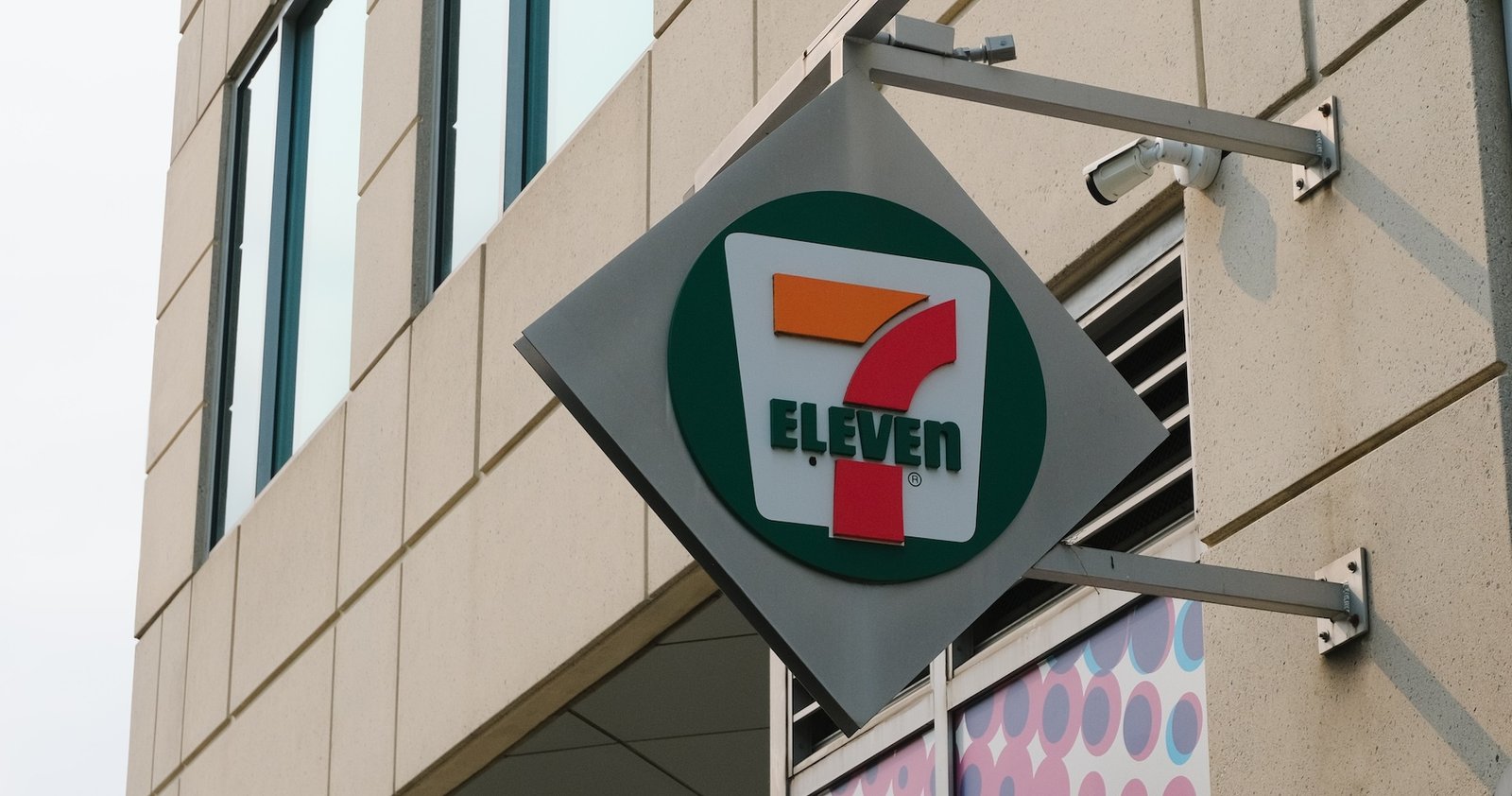The owner of Circle K will not be buying the owner of 7-Eleven. | Photo: Shutterstock.
So much for the prospect of a mega c-store chain.
Alimentation Couche-Tard (ACT), the owner of the convenience-store chain Circle K, late on Wednesday said it has withdrawn its offer to buy Seven & i Holdings, owner of 7-Eleven, citing a lack of engagement from the Tokyo-based company.
“We have repeatedly sought a friendly dialogue with the Ito family, but they have not been open to any conversation,” ACT said in a letter to the 7&i board of directors, referring to the Ito family, which controls Seven & i.
Seven & i confirmed the withdrawal of ACT’s $46 billion offer and said that it was “disappointed” with the decision and disagreed with the rival firm’s characterizations of the discussions.
The company said there were always concerns about a potential merger with the two companies, notably their massive, North American operations. 7-Eleven is the largest operator of convenience stores in the U.S. by store count, according to Restaurant Business sister publication CSP Daily News. No. 2 is ACT.
That would likely lead to antitrust questions. “We were always honest about the extraordinary antitrust hurdles a potential transaction would face, including the protracted timeframe to move through the regulatory process,” 7-Eleven’s owner said.
As such, Seven & i said that it had pursued its own “value creation” strategy, including an initial public offering of 7-Eleven and the sale of other businesses it controls.
Nevertheless, the decision puts an end to any prospect of a merger between the nation’s two biggest convenience-store chains that sent ripples throughout that industry and the restaurant business since the idea was first broached in August.
ACT at the time offered to buy Seven & i for $39 billion before later upping that bid to a deal valued at around $46 billion.
As it is, both Circle K and 7-Eleven are growing competitors with the restaurant industry, particularly fast-food chains. A combined Circle K and 7-Eleven would have more locations than either McDonald’s or Starbucks and would likely push further into the prepared food business as consumers have been increasingly viewed them as a good option.
In addition to selling a variety of grab-and-go and prepared foods, 7-Eleven operates numerous outposts of the restaurant concepts Laredo Taco Company and Raise the Roost Chicken and Biscuits.
At the same time, antitrust concerns would likely force the sale of some stores in certain markets—assuming the deal passes legal muster at all. In addition, the global economy has changed since the deal was first conceived.
“Since ACT initially made its proposal, there have been significant changes in the global economy, exchange rates and financing markets,” 7&i said. “As ACT noted in its most recent earnings call, conditions in key markets have deteriorated since last year.”
“We are not surprised” that the deal ended, the company said.
Still, ACT said in its letter that there have been “no sincere or constructive engagement” from Seven & i since the two companies entered into a non-disclosure agreement.
“The quantity and substance of the permitted due diligence, including at two tightly constrained management meetings, have been negligible,” ACT said to the Seven & i board. “Rather, you have engaged in a calculated campaign of obfuscation and delay, to the great detriment of Seven & i and its shareholders.”
Members help make our journalism possible. Become a Restaurant Business member today and unlock exclusive benefits, including unlimited access to all of our content. Sign up here.




